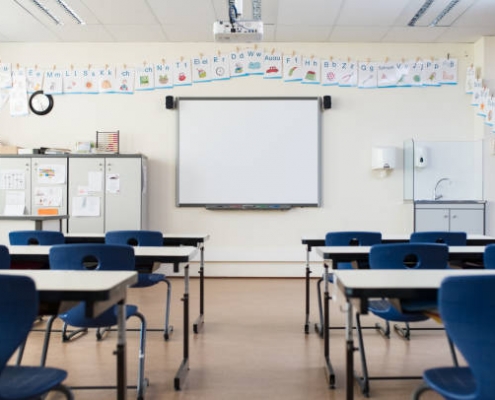Psychology in Residential Children’s Homes
Psychology in Residential Children’s Homes
Drawing upon the strengths and skills of Orange Psychology Associate Psychologists from Forensic, Clinical and Counselling Psychology backgrounds, we have developed a model of service delivery suitable for with residential children’s homes.
Our working principles;
Orange Psychology aims to add ‘psychological support’ to residential children’s homes by providing support which is deemed as primarily preventative. Based on Caplan’s (1970) model of mental health consultation, Orange Psychology recognises that people in the caregiving profession experience significant psychological affects of this work. Young people with complex backgrounds who find themselves placed in residential care need to be supported by resilient adults who are theoretically informed and psychologically healthy. Orange Psychology aims to support adults working in this environment by increasing their knowledge, skills and confidence to make a difference to some of the most vulnerable young people in our society. The following working principles therefore apply to the Orange Psychology model of delivery working in residential care;
- That psychology is best applied through relationship and collaboration with those who know the child well; we work through the adults who support the child or young person.
- That therapeutic principles need to be embedded within the interactional system around the child; we work to primarily build resilience in the system around the child.
- That regularity and consistency makes the most difference; we work on a regular weekly/bi-weekly session to develop relationship and effectiveness in each setting.
Service Delivery Model;
The Orange Psychology delivery model aims to support the development of a ‘therapeutically informed environment’. Practitioners will generate appropriate and relevant psychological activities based on the needs of the setting. Primarily, these activities will be planned and agreed at visits which are weekly/bi-weekly basis, and will be aimed at developing the resilience and psychological effectiveness of the system around the child. Examples may include;
- Planning and assessment activities (e.g. taking time to understand the context, staff needs, pupil needs and developing needs led outcomes together)
- Consultation and supervision activities (e.g. working with key staff to develop knowledge, skills and confidence in working in a therapeutically informed way)
- Staff training and development activities (e.g. working with staff groups to generate a shared understanding of relevant psychological theory and its practical application)
- Modelling and delivering low-level intervention activities (e.g. working with key pupils and staff together to demonstrate appropriate intervention, and sharing ideas relevant to their needs and context). This might include sessions on mindfulness, anger management, stress reduction, self-harm support groups, depending on need.
- Developing relationships with young people (e.g. taking time to understand and get to know the young people in the setting, in order to inform intervention/support plans deliverable within the setting)
- Liaising with other professionals (e.g. making connections with CaMHS, Health, Social Care, and other professionals) to inform transition planning and support access pathways.
- Evaluation and monitoring activities (e.g. working to ensure there are quantitative/qualitative measures in place to demonstrate effectiveness of contribution over time).
How to get in touch;
To request a discussion about whether Orange Psychology is suited to the needs of your residential care setting please contact Managing Director, Dr Jo Mitchell on jo@orangepsychology.co.uk.



